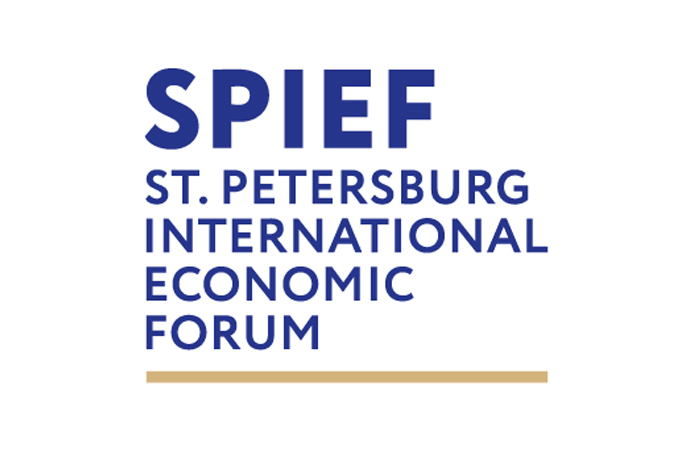MOSCOW, Dec 19: In a pivotal move to strengthen India-Russia economic collaboration, the St. Petersburg International Economic Forum (SPIEF) is positioning itself as a key driver in the ambitious push towards a rupee-rouble trade system. Alexey Valkov, SPIEF’s director, emphasised the significant opportunities presented by this shift, calling it a “big potential” for redefining bilateral commerce amidst global geopolitical challenges.
The forum, Russia’s answer to the World Economic Forum in Davos, has seen a steady rise in participation despite Western sanctions. From 13,000 attendees in 2021 to 21,000 this year, SPIEF has demonstrated its resilience and importance as a platform for dialogue and deal-making. Valkov noted that sanctions imposed by the United States and other Western nations following the Ukraine conflict have not dampened enthusiasm among participants.
“Businesses are growing despite the sanctions, and this growth reflects in the increasing number of participants at the forum,” Valkov told Business Standard.
One of the standout opportunities discussed at SPIEF is the potential of transitioning trade between India and Russia to their respective local currencies—the rupee and rouble. This mechanism would not only reduce dependency on the U.S. dollar but also offer both nations a way to bypass Western financial restrictions.
“We are hopeful that discussions on trading currencies will lead to tangible outcomes,” Valkov said, adding that the rupee-rouble trade system could unlock new avenues for businesses in both countries.
India-Russia bilateral trade has already reached $65 billion in the last financial year, and both nations are targeting $100 billion by 2030. SPIEF has played a vital role in fostering this growth, with deals worth 6.5 billion roubles signed at the forum this year. While traditional sectors like energy, defence, and IT continue to dominate, new focus areas such as pharmaceuticals, cybersecurity, and urban development are emerging as key drivers of future trade.
Indian businesses have maintained a strong presence at SPIEF, consistently ranking among the top five exhibitors. Sectors such as healthcare, industrial development, and IT have benefitted from the platform’s multi-industry approach. Notably, a pharmaceutical agreement valued at over $1 billion aims to supply drugs by 2027, underscoring SPIEF’s role in facilitating long-term partnerships.
Looking ahead, Valkov revealed plans to expand SPIEF’s offerings, including an AI-based system to connect suppliers and buyers more efficiently. “Our goal is for participants to leave the forum with measurable outcomes—contracts, new markets, and tangible achievements,” he said.
As India solidifies its role as a global economic leader, the rupee-rouble trade initiative championed by SPIEF underscores a growing commitment to strengthen bilateral ties. With both nations facing evolving geopolitical challenges, SPIEF’s ability to bridge partnerships and foster innovation remains a beacon of economic diplomacy.
(Disclaimer: The above content is a press release and PTI takes no editorial responsibility for the same.). (PTI)


